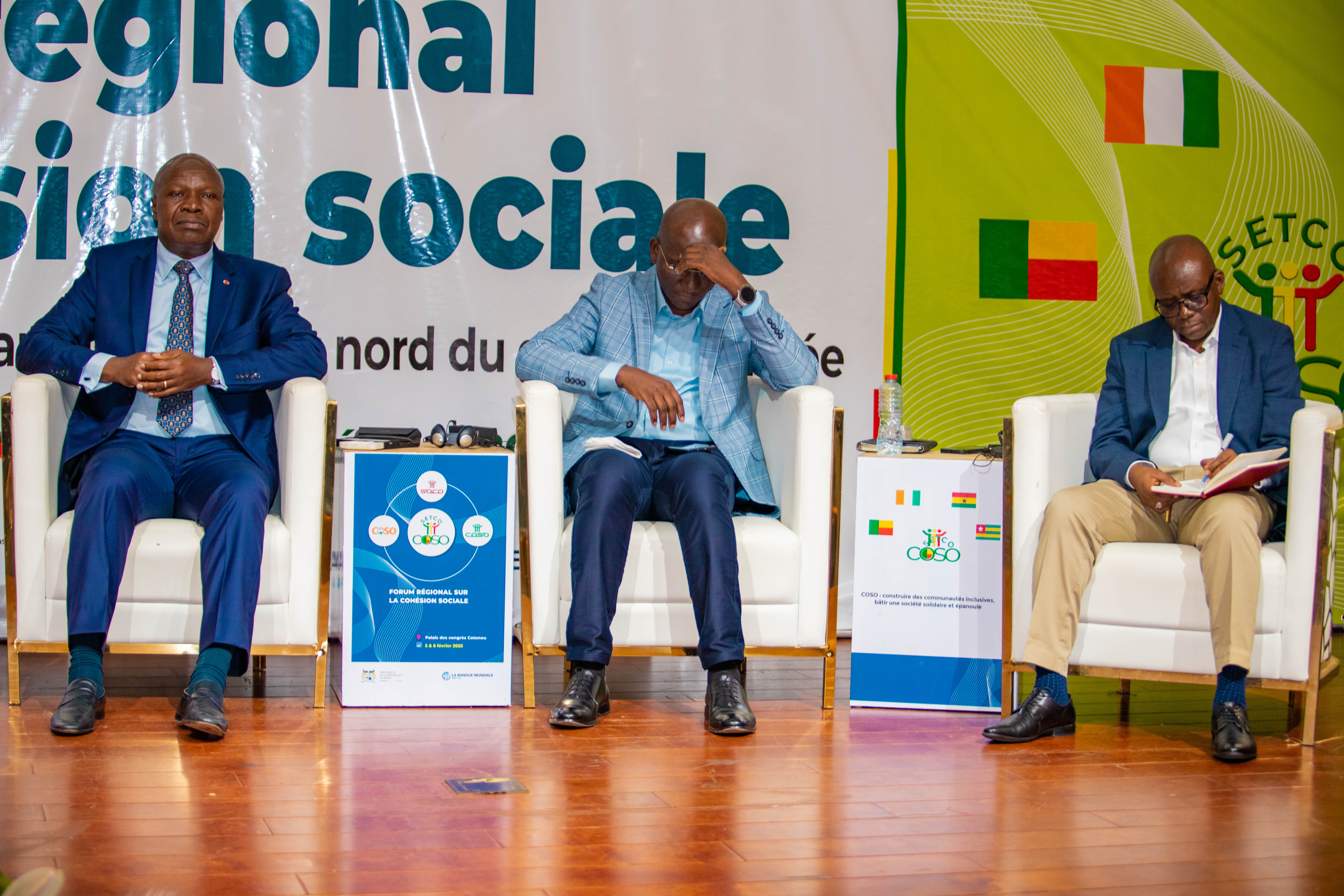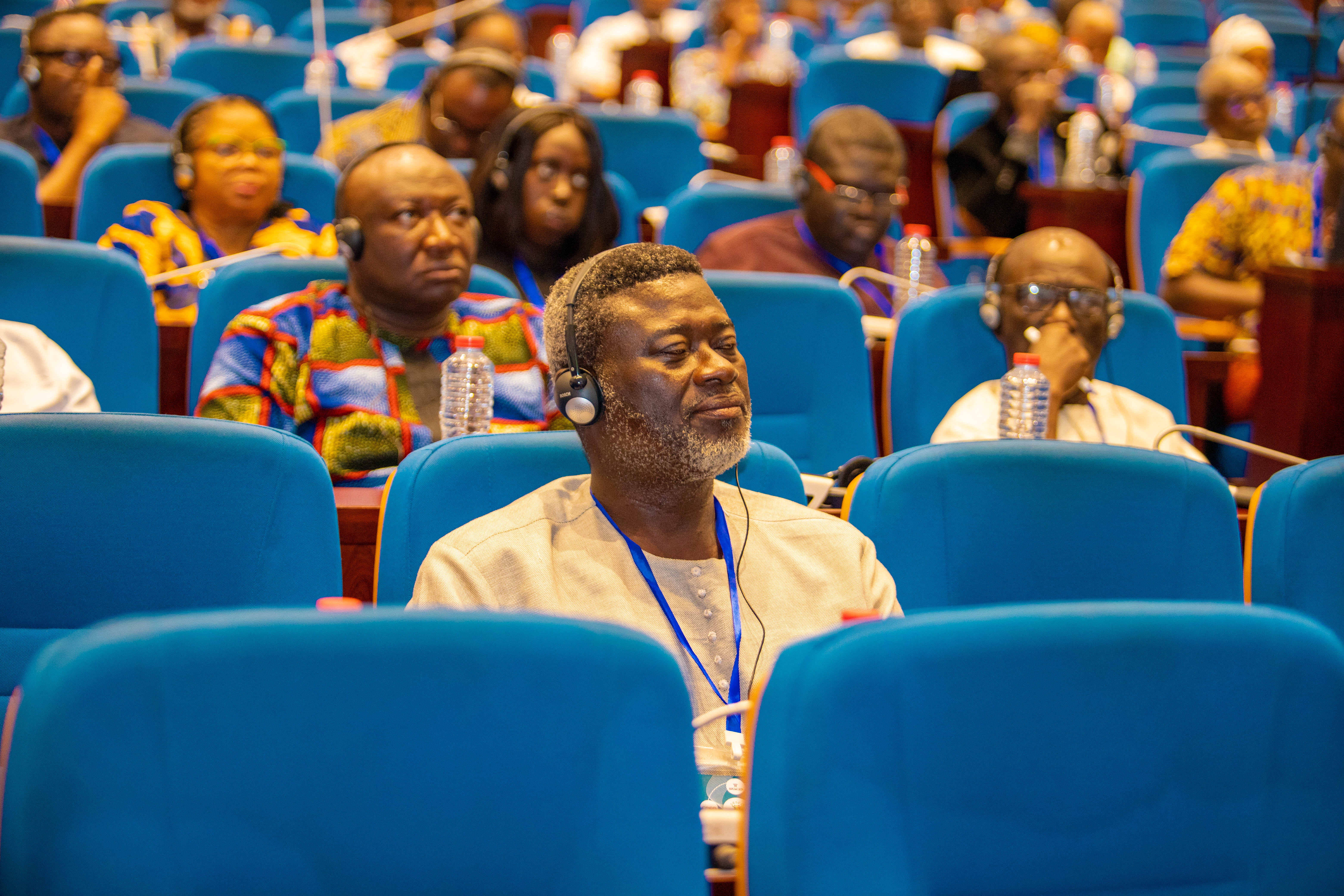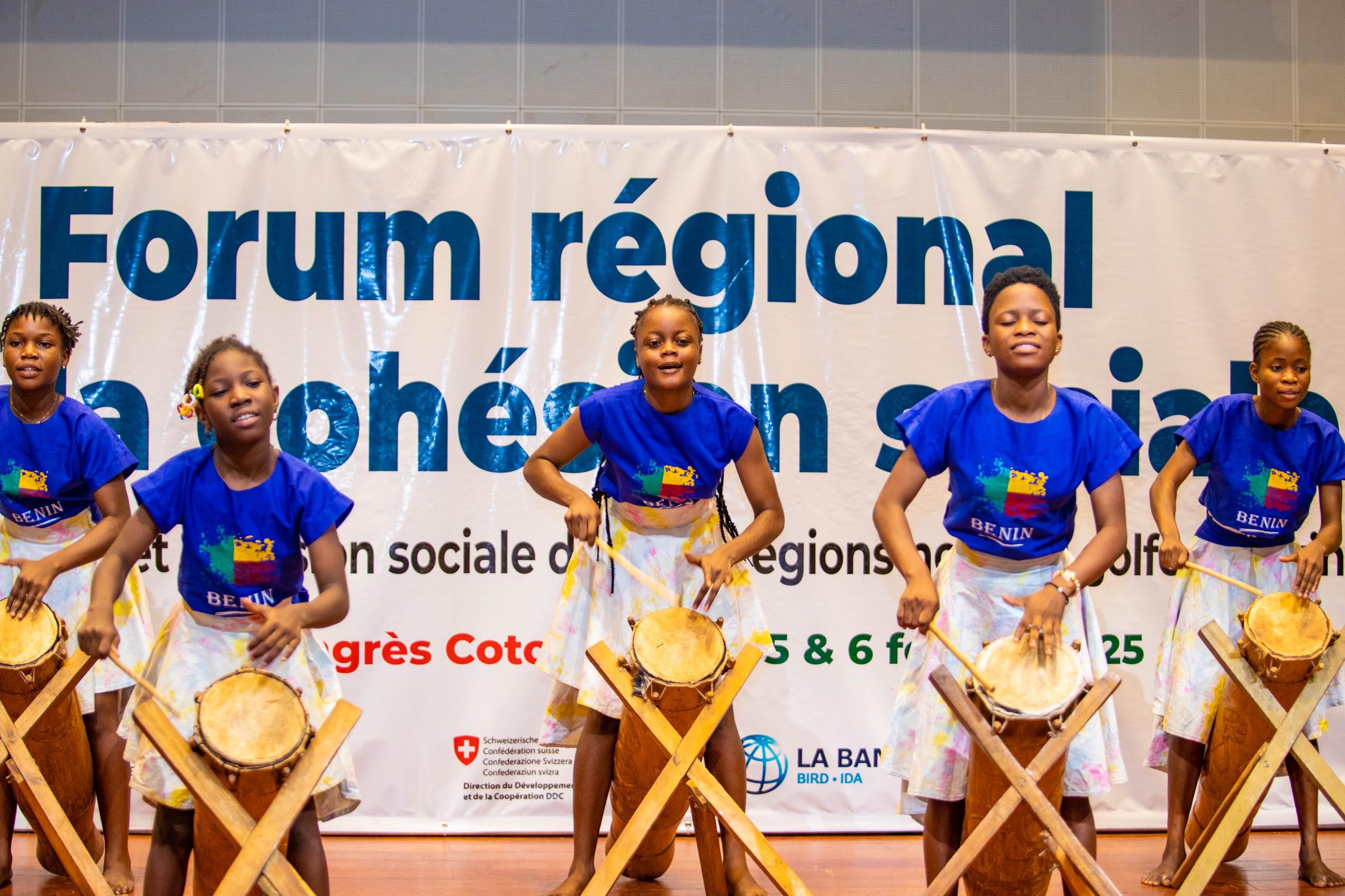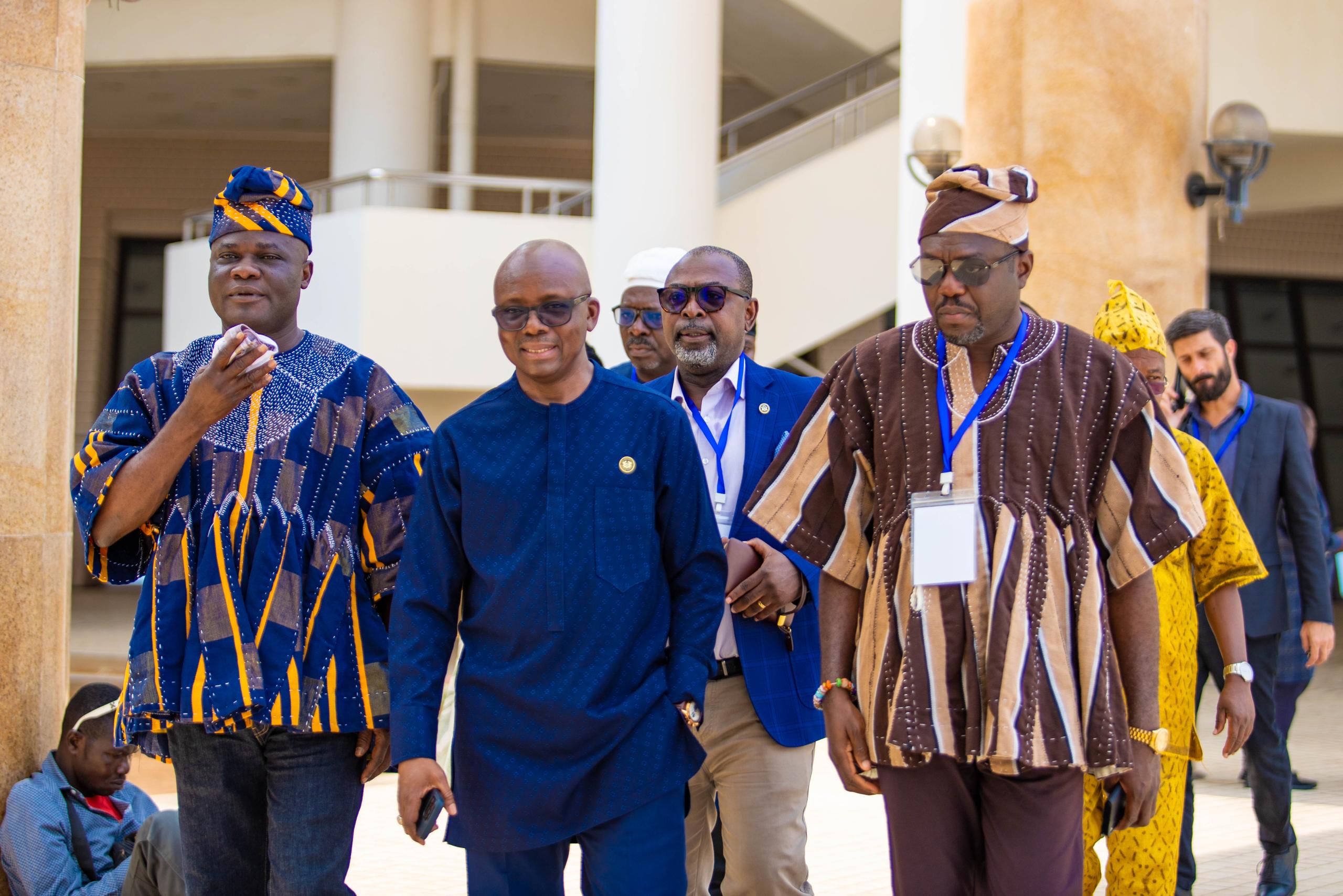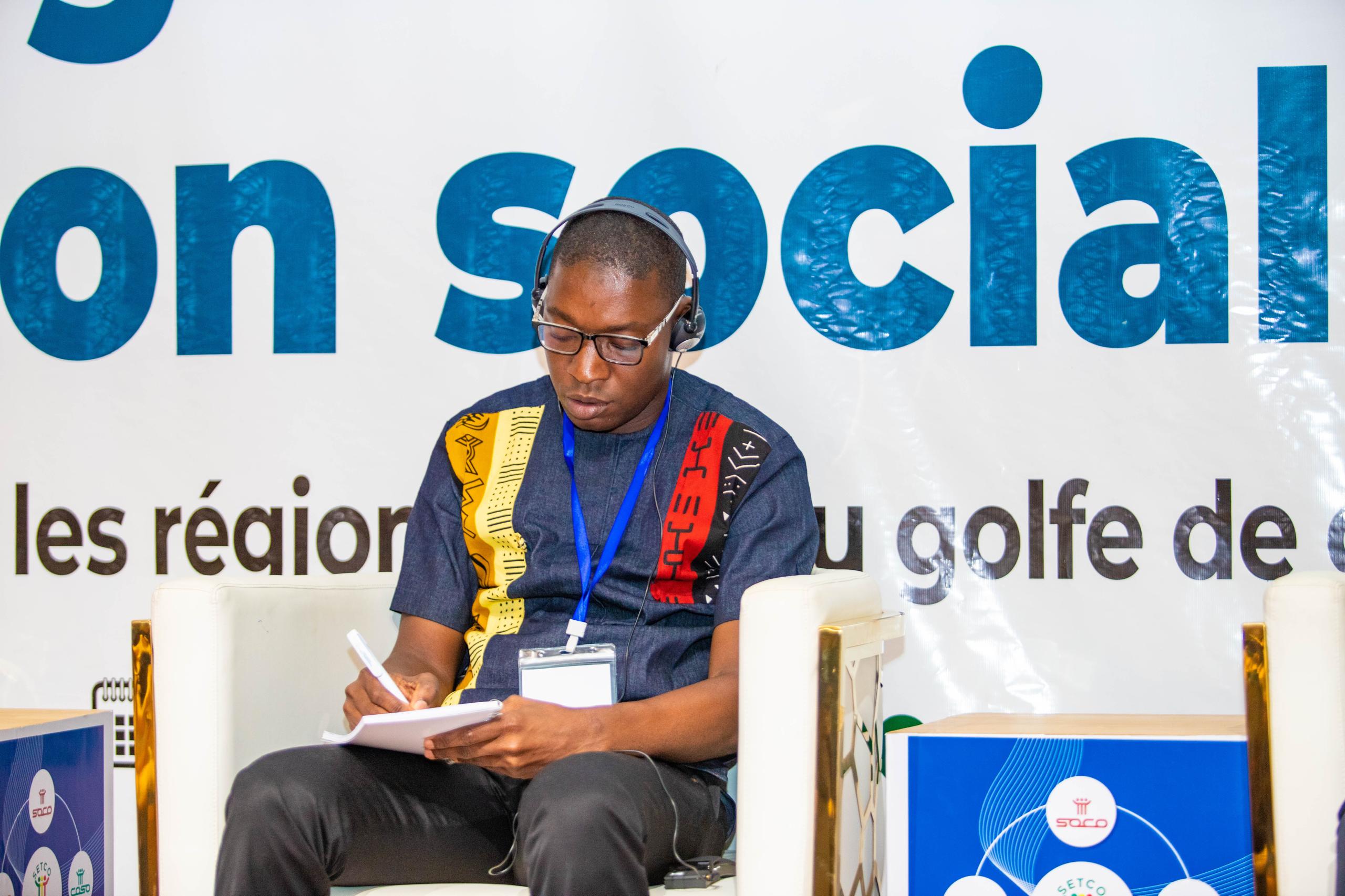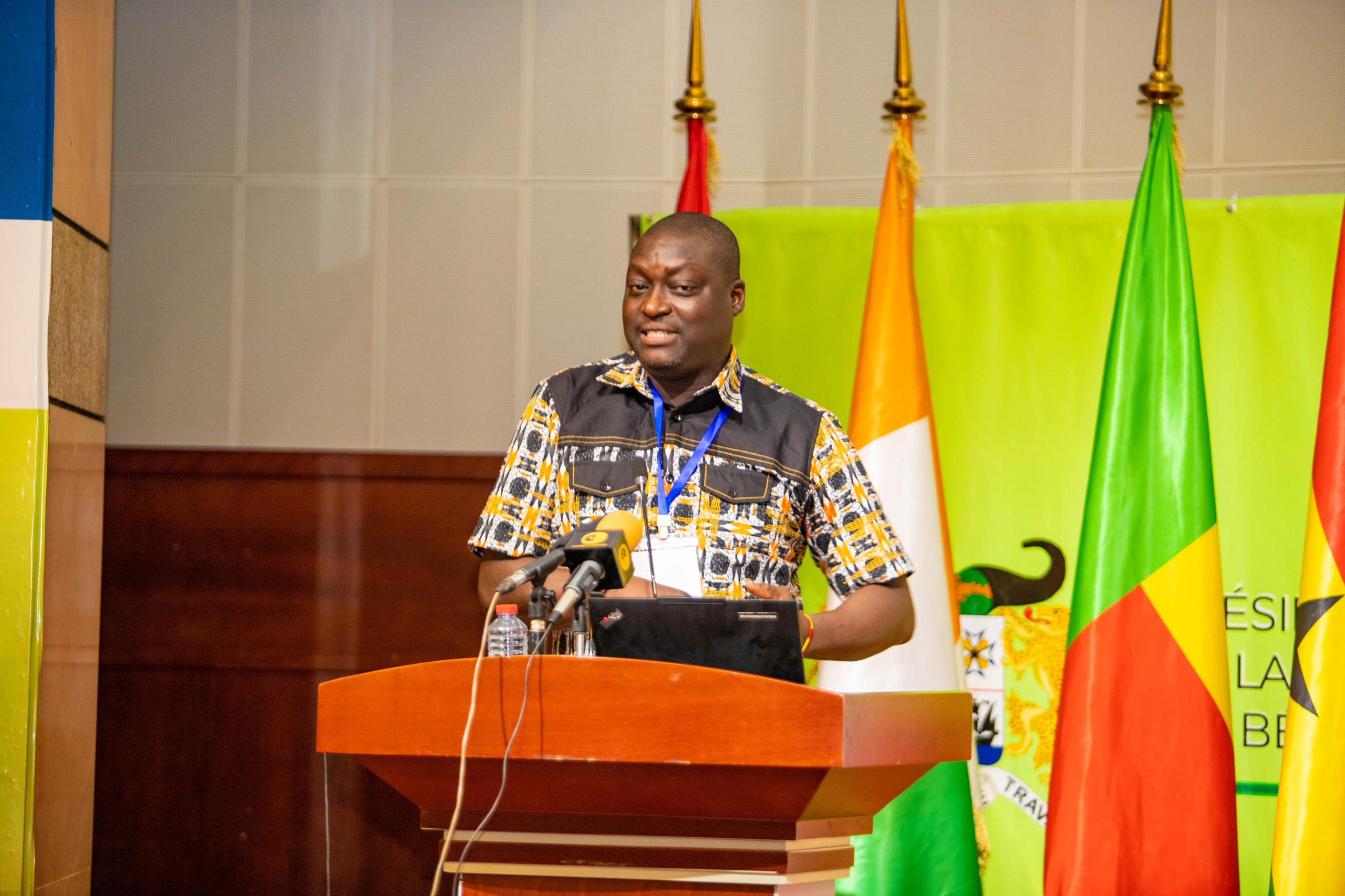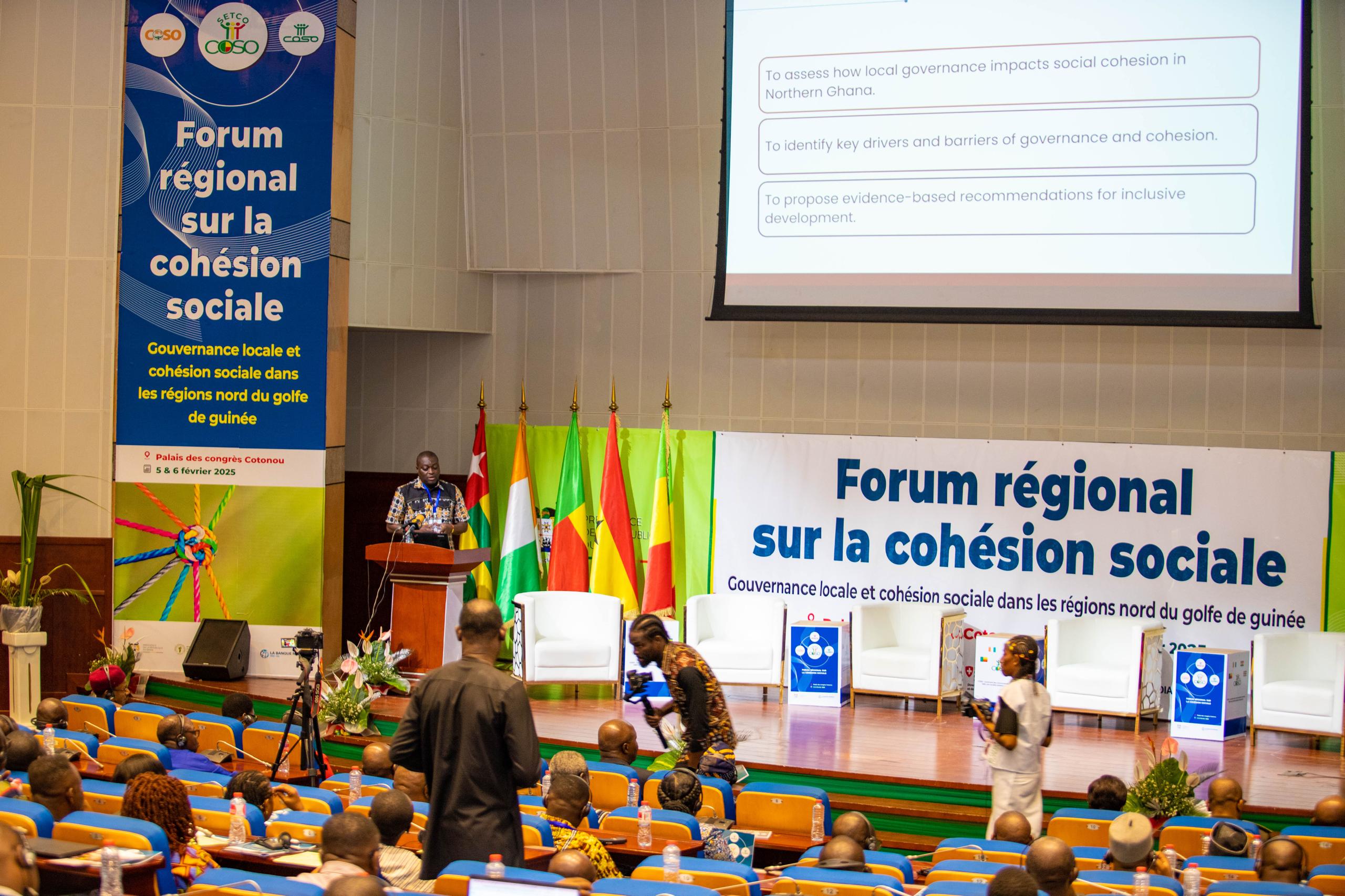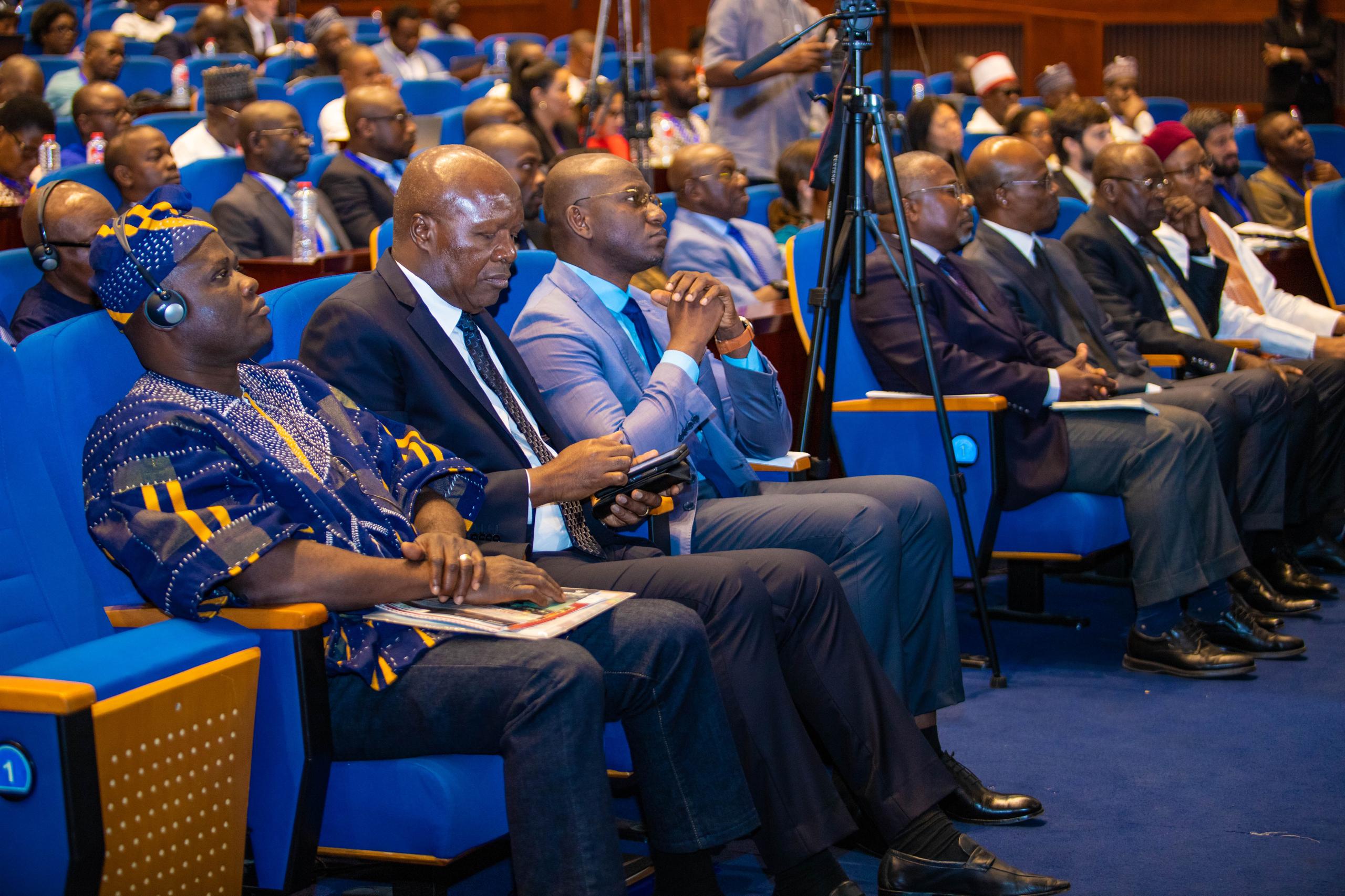A committee established to oversee the seamless integration of the erstwhile Ministries of Local Government, Decentralisation and Rural Development, Chieftaincy and Religious Affairs, and Sanitation and Water Resources into the newly constituted Ministry of Local Government, Chieftaincy and Religious Affairs has commenced work following its maiden meeting.
The committee was constituted in line with the government’s broader strategy to enhance public service delivery and reduce operational costs through ministerial realignment, as outlined in Executive Instrument (EI) dated January 9, 2025. His Excellency President John Dramani Mahama, in exercising his constitutional mandate under section 11(3) of the Civil Service Act, 1993 (P.N.D.C.L. 327), sanctioned the merger to ensure a more streamlined, focused, and results-driven governance structure.
During its maiden meeting, the committee deliberated on its key terms of reference, which include reviewing the organisational and operational manuals of the defunct ministries in collaboration with the Management Services Division (MSD) of the Office of the Head of the Civil Service. This is to facilitate the effective integration of functions and responsibilities into the new ministry.
Additionally, the committee is tasked with undertaking a staff rationalisation exercise to ensure optimal human resource allocation and efficiency within the restructured entity. A sub-committee will also be overseeing the consolidation and harmonisation of the Client Service Charters to reflect the ministry’s expanded mandate.
Speaking at the meeting, the committee chair underscored the importance of a meticulous and well-coordinated realignment process to maintain institutional effectiveness and enhance service delivery. He emphasized that the committee’s work would be guided by transparency, efficiency, and a commitment to strengthening governance structures for improved citizen engagement and national development.
The committee is expected to work within a structured timeline to ensure a smooth transition and operational synergy within the new ministry.
With this realignment, the government aims to achieve greater efficiency, reduce bureaucratic redundancies, and strengthen decentralised governance for national development.
Source: Matilda Tettey
(Public Relations Unit MLGDRD)








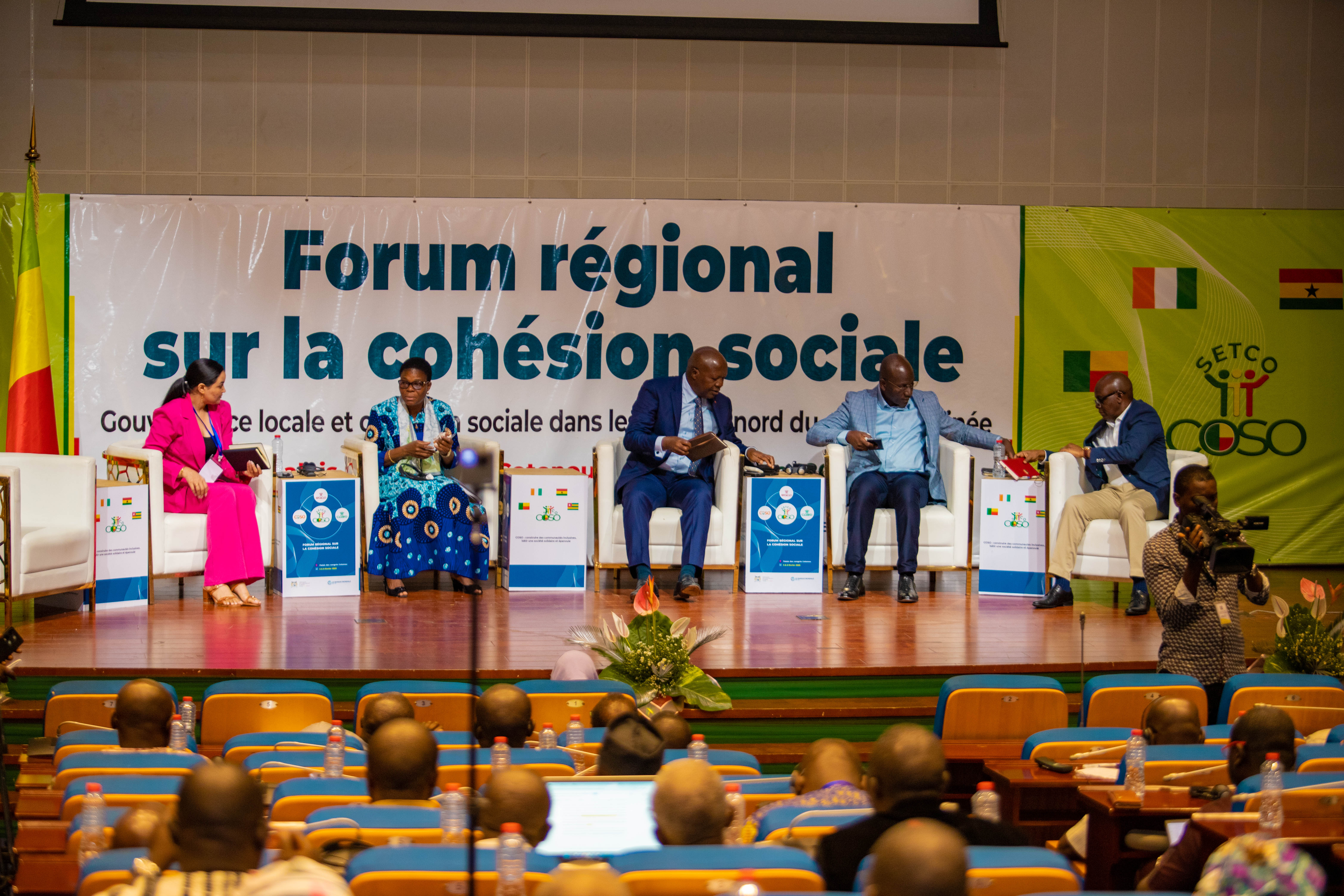
.jpg)
.jpg)
